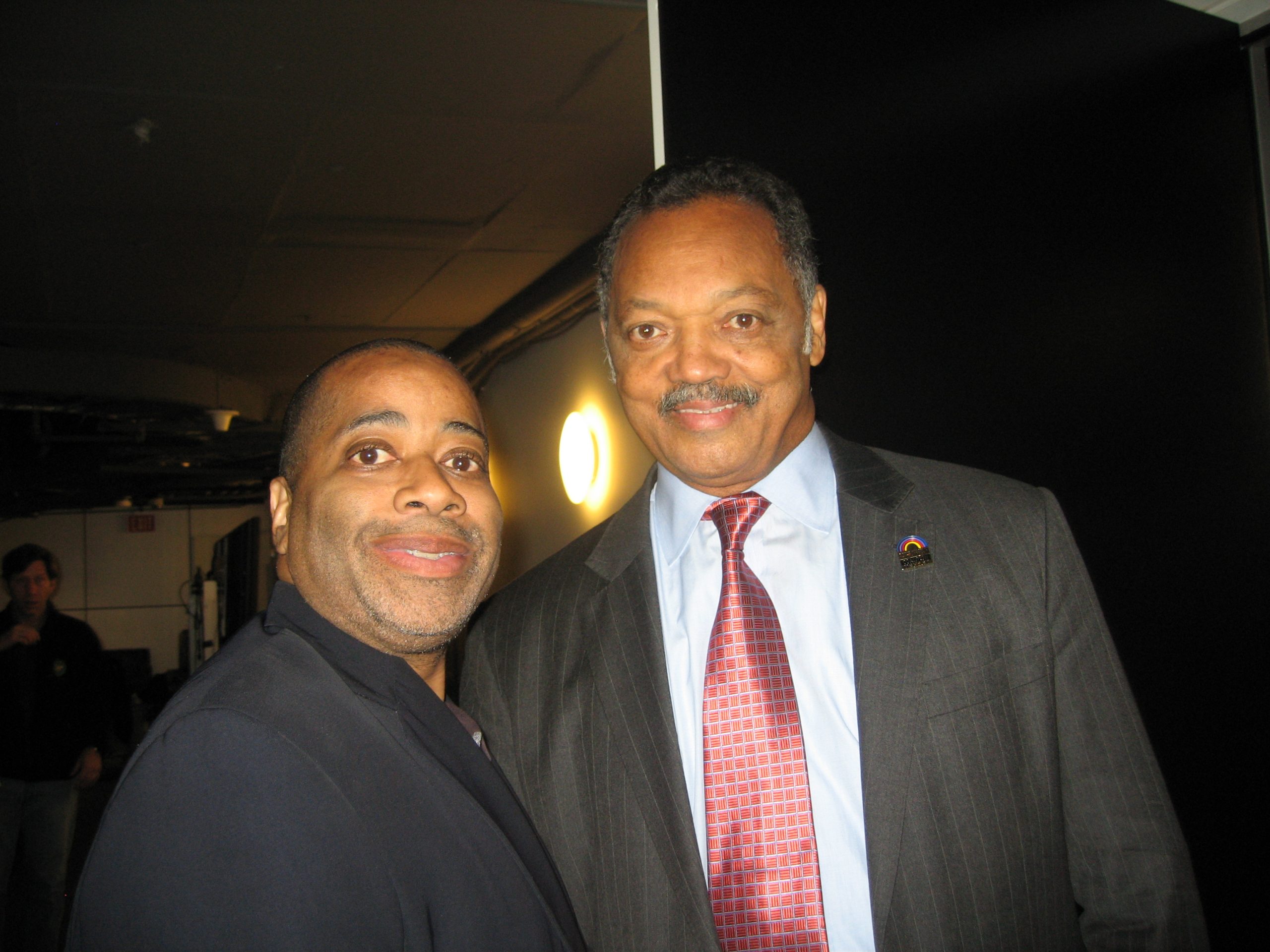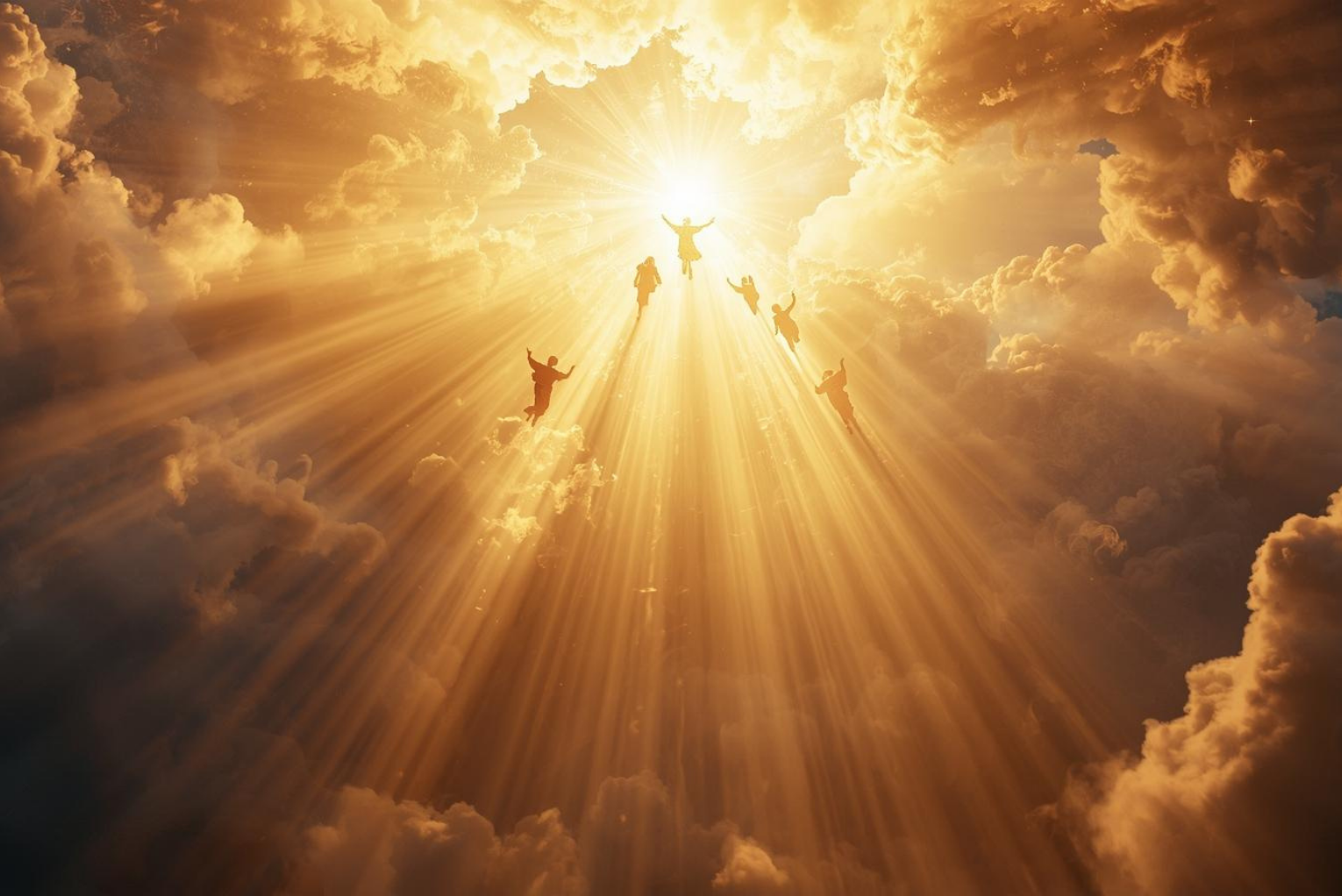(ThyBlackMan.com) Black talent being shut out of the Golden Globes is not just a travesty but also a testament to the power of the work and the narratives being told that challenge the status quo. Why folks assume that awards shows invested in the same media industries that continue to perpetuate and recycle the vilest stereotypes of black identity and behavior would somehow acknowledge the stories, performances and behind-the-scenes work that challenges dominant ways of thinking about Black people on and off-screen is befuddling.
Many cultural critics and pundits were in an uproar over the shutout of black talent at the 2020 Golden Globe Awards held Jan. 5. The Golden Globes are voted on by the Hollywood Foreign Press, which is a non-profit organization composed of journalists, photographers and media professionals who report on the entertainment industry.
Last year actress/director Regina King took home a Golden Globe for Best Performance by an Actress in a Supporting Role for If Beale Street Could Talk and Best Performance by an Actress in a Limited Series or Motion Picture Made for Television for Seven Seconds (Netflix). Mahershala Ali won for Best Performance by an actor in a Motion Picture for Green Book in 2019.
These were the awards despite the tremendous amount of black talent on and off-screen in 2019 in major motion pictures like Black Panther and BlacKkKlansman and a litany of amazing performances in front of and behind the small screen on network and cable television.
Black folks fared even worse at the 2020 Golden Globes not taking home one statue, even with compelling television and film like The Last Black Man in San Francisco (A24), Black and Blue (Screen Gems), Queen & Slim, Raising Dion (Netflix), American Gods (Starz) , Southside (Comedy Central), Pose (F/X), Dear White People (Netflix), Claws (TNT), Snowfall (F/X), When They See Us (Netflix), not to mention outstanding web series like Giants and Pillow Talk.
Suffice it to say the Golden Globes still aren’t feeling Black talent, so why are audiences so invested in this show and others?
Black talent being shut out of the Golden Globes is not just a travesty but also a testament to the power of the work and the narratives being told that challenge the status quo. Why folks assume that awards shows invested in the same media industries that continue to perpetuate and recycle the vilest stereotypes of black identity and behavior would somehow acknowledge the stories, performances and behind-the-scenes work that challenges dominant ways of thinking about Black people on and off-screen is befuddling.
Black folks aren’t the only historically marginalized group snubbed by the Golden Globes. No women directors were nominated for any directing awards this year.
Only five women have ever been nominated for directing in the 77-year history of the Golden Globes. Most recently was Ava DuVernay (Selma) in 2015; Barbra Streisand (Yentl and The Prince of Tides), Jane Campion (The Piano), Sofia Coppola (Lost in Translation) and Kathryn Bigelow (The Hurt Locker and Zero Dark Thirty). How is it possible for Greta Gerwig (Little Women) and Lulu Wang (The Farewell) and Ava DuVernay (When They See Us) to not be nominated this year?
It is entirely possible in an industry that has yet to catch up to a century of overlooking and further marginalizing members of historically disenfranchised groups. There is a reason Black showrunners and filmmakers like Shonda Rhimes and Kenya Barris are moving to Netflix. They want to tell compelling stories and have power over final edits that don’t dilute the power of their prose by elevating the feelings and needs of White viewers over all others.
According to the University of Southern California’s Inclusion in the Director’s Chair Study, only 4.9 percent of top films were directed by women in Hollywood 2007-2019. Twenty percent of Netflix’s 53 U.S. films was directed by women in 2019. Of the 4.9 percent of women directors in Hollywood, less than 1 percent were directed by women of color.
Netflix has also aggressively diversified its staff to reflect the changing demographics of society while Hollywood slowly makes hiring changes through pipeline programs with abysmal full-time job conversions.
The Farewell actress Awkwafina made Golden Globes history by becoming the first performer of Asian descent to win a Golden Globe award in a lead actress in a musical or comedy, which is a triumph in some ways, but could also be considered a travesty with the amount of influential and amazing work that has come from people of Asian descent on-screen and off-screen in the United States and abroad.
Mainstream award shows like The Golden Globe Awards, The Academy Awards, The BAFTA Awards aren’t really for us and were not created with Black talent in mind.
Black talent will continue kicking down doors in Hollywood and telling stories as members of the Hollywood establishment and outside of the Hollywood establishment, which is how change is created.
Historically, the Golden Globes and similar award shows have not been good at identifying, acknowledging or rewarding black talent, much like the entertainment industries themselves.
Change is slow but sure, but there is no need to be a glutton for punishment. Tune into the NAACP Image Awards, the African American Film Critics Association Awards and the BET Awards if you want to see a greater representation and acknowledgement of black talent in the entertainment industry that is actually celebrated and rewarded.
Hope springs eternal but to continue hoping mainstream awards shows will give a damn about Black talent and audiences is an exercise in disappointment. The overlooking of black talent by mainstream awards shows is a travesty, but it is also a testament to the power and influence of the work by black writers, directors, producers and performers. To reflect the sentiment of a favorite internet meme — make it happen, clap for your damned self and keep it moving.
Written by Nsenga K. Burton
Official website; https://twitter.com/Ntellectual

















Leave a Reply